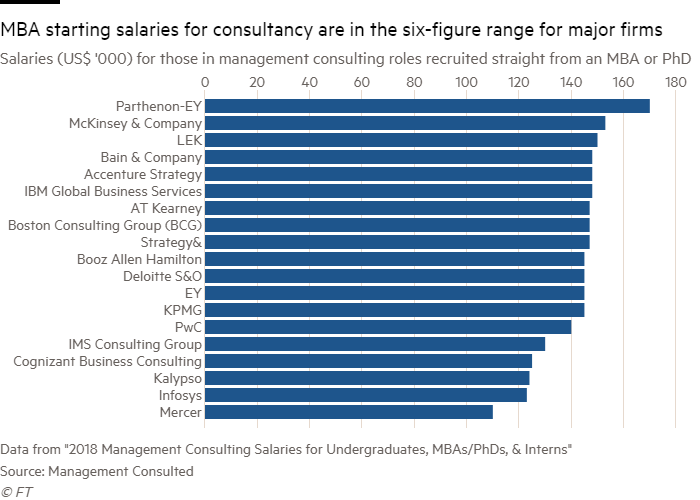
A consulting HR business can be started
Start your own HR consulting business if you have the skills and desire to be a consultant. Your own HR consulting business has many benefits. You can provide your clients with a variety of services, such as employee recruitment and selection, succession planning, and talent management. Remember to always put the needs of your clients first when you are starting your HR consulting business.
To run a successful consulting firm in HR, you need to build a strong team. You need to find people with complementary skills who are equally committed to the success of the company. A business plan should be developed. This will help you identify your goals and strategies, as well as help you apply for funding.
Identifying your target audience
It is important for business owners to know your target audience when developing a strategy for a consultancy HR business plan. This will help your HR business grow and be more successful than the rest. Once you have defined your target market, you can create marketing strategies that address their concerns and needs. Good marketing is worth the investment.

A company analysis should be included in a business plan. This analysis should contain information on the history and objectives of the company. It should also cover the legal structure of your business. A consultancy HR plan also needs to include an industry analysis. It serves two purposes.
Create a business strategy
The following sections should be included in a business planning for a HR consultancy: executive summary and business analysis. The executive summaries should be short and informative. They should give a summary of the plan, and then each section. The business analysis should address the industry and demographics of your target customers.
You must calculate the market size of your HR consulting business using the country's market size, and then divide that by the market population. A customer analysis should detail the customers you'll be serving. These segments can include government entities as well healthcare institutions and technology companies. The type of HR consulting business you run will depend on which customer segment you choose.
How to manage recurring expenses
These expenses occur on a consistent basis and are difficult to keep track. They can be a significant drain on a business's finances. Technology can reduce these expenses through recurring expense management. The technology can be used to automate the business's processes and keep track, simplifying management.

A budget is an essential step in setting up an expense management system. Once you've created a budget for your expenses, you should start keeping track of recurring costs and deciding how much you can comfortably spend. This will allow you to control your costs and keep track all receipts. A business checking account should be set up for your consulting company. This will allow you to easily track expenses and prepare tax returns. You should also network and build client relationships. You can do this by getting recommendations from previous clients or joining a professional organization. These organizations can help you market and advertise your services. You can also advertise your services on HR-related websites and trade publications.
FAQ
What was the origin of modern consultancy?
Consultants were originally accountants who could help companies manage their financial affairs. Their skills in managing financial information led to them being called "accounting consultant". This role quickly expanded to include human resource management.
The term "consultant" came from the French word for "to advise." It was used by businessmen to describe someone who could offer advice on how to run an organization. Even today, many business owners still use "consultant" when referring to professional advisors.
Are consulting incomes subject to tax?
Yes. Taxes will be charged on consulting profits. The amount depends on how much you earn per year.
If you're self-employed, you can claim expenses on top of your salary, including rent, childcare, and food.
However, you can't deduct interest payments for loans, vehicle depreciation or the cost to purchase equipment.
If your annual income is less than PS10,000, you can only claim 25% back.
However, even if your earnings exceed this threshold you may still be subject to tax depending on whether or not you are a contractor or an employee.
Pay as you Earn (PAYE) is the most common method of taxing employees. Contractors pay VAT.
Which industries use consultants
There are many different types. Many consultants specialize in a particular type of business. Others may be more focused on multiple types.
Some consultants are only available to private companies while others work with large corporations.
And some consultants work internationally, helping companies all over the world.
How do I choose the right consultant?
There are three major factors you should consider:
-
Experience - How experienced is the consultant? Are they a beginner, intermediate, expert, or some other level? Does her resume demonstrate that she has the required skills and knowledge
-
Education - What did this person learn during school? Did he/she continue to take relevant courses after graduation? Is there evidence that he/she learned from the writing style?
-
Personality - How do we feel about this person? Would you want this person to work for you?
-
These questions are used to determine if the candidate is right for us. If there are no clear answers, then it might be worth an initial interview to learn more about the candidate.
Can anyone be an advisor?
Consultants are people who help you reach your goals by giving advice about how to make it better, faster, or cheaper.
Consultants can help you resolve problems, make decisions, and negotiate with other people.
Consultants can be hired to assist with specific tasks or projects.
In reality, consultants are generally paid hourly or daily rates and not per project.
How much do consultants make?
Some consultants earn more than $100k per year, but most consultants earn between $25 and $50k. The average consultant salary is $39,000 This includes both salaried as well hourly consultants.
Salary depends on experience, location, industry, type of contract (contractor vs. employee), and whether the consultant has his/her own office or works remotely.
Statistics
- Over 62% of consultants were dissatisfied with their former jobs before starting their consulting business. (consultingsuccess.com)
- 67% of consultants start their consulting businesses after quitting their jobs, while 33% start while they're still at their jobs. (consultingsuccess.com)
- On average, your program increases the sales team's performance by 33%. (consultingsuccess.com)
- Over 50% of consultants get their first consulting client through a referral from their network. (consultingsuccess.com)
- According to statistics from the ONS, the UK has around 300,000 consultants, of which around 63,000 professionals work as management consultants. (consultancy.uk)
External Links
How To
How can you find the best consultants?
When searching for a consultant, the first thing you should do is ask yourself what your expectations are. Before you begin looking for a consultant, it is important to know what your expectations are. Make a list of everything you think you might need from a consultant. This could include: professional expertise and technical skills, project management capabilities, communication skills, availability, etc. After you have listed your requirements, it might be a good idea to ask colleagues and friends for their recommendations. Ask them if they had any bad experiences with consultants previously and see how their recommendations compare with yours. Research online if you don’t already have recommendations. You can post reviews on your previous work experiences on many websites like LinkedIn, Facebook and Angie's List. Take a look at comments and ratings from others, and use that data to find potential candidates. Finally, once you've got a shortlist of potential candidates, make sure to contact them directly and arrange an interview. In the interview, discuss your needs and ask them for their suggestions on how you can achieve them. It doesn't matter whether they were recommended to you or not; just ensure that they understand your business objectives and can demonstrate how they can help you reach those goals.